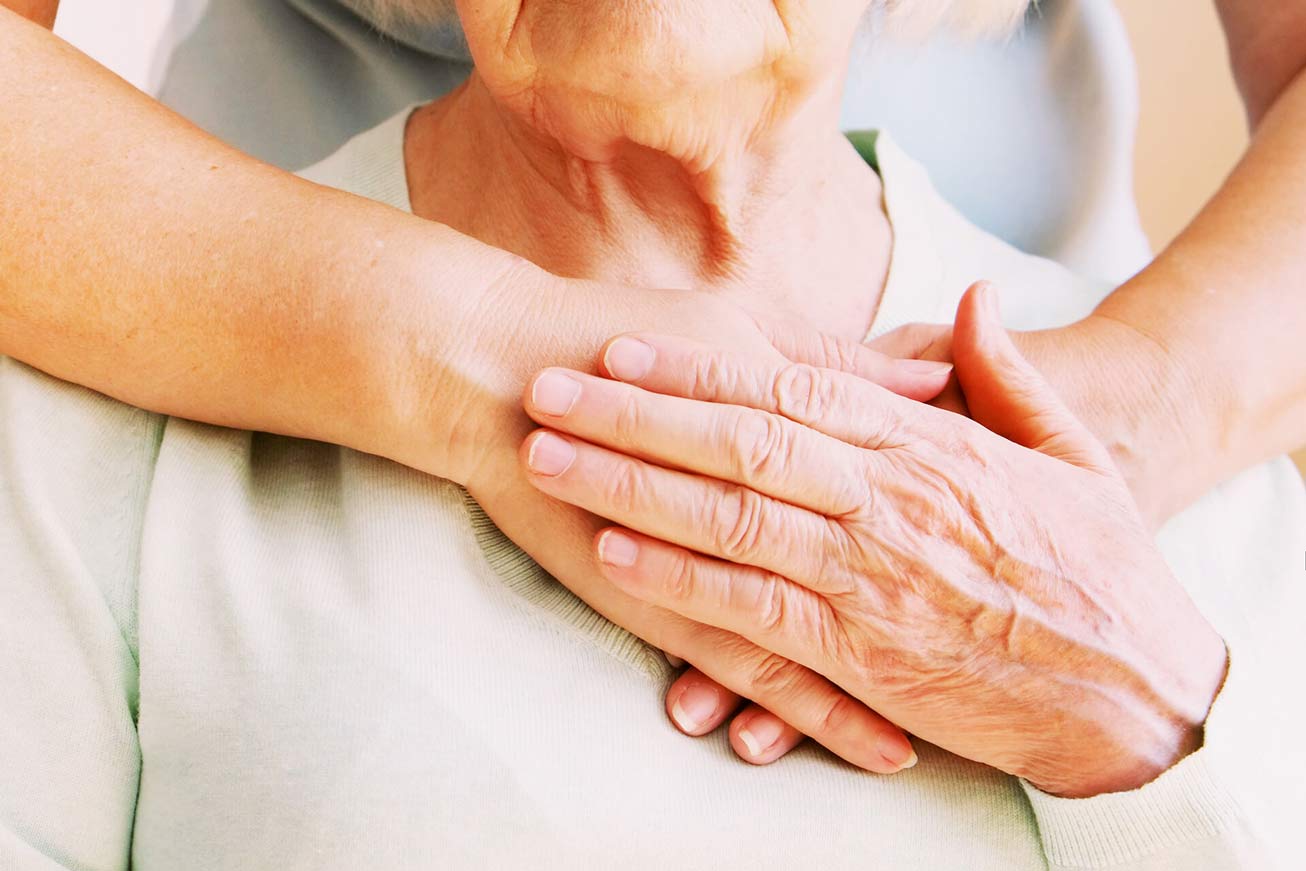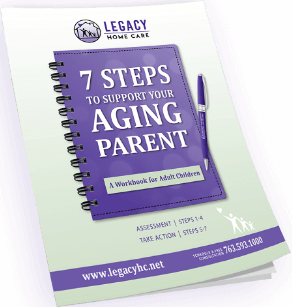Common Safety Issues for Seniors
When it comes to senior safety, some of the common safety issues include:
- Fire hazard – Every year, nearly 2,000 people lose their lives in home fires in America. Hence, fire safety is one of the highest concerns for aging adults. Due to the changes in their bodies or medications that they are taking, older adults may have a more difficult time trying to escape from a fire.
- Slips and falls – Research has shown that for individuals aged 65 years and over, they have a 27% probability of falling. Falls have also accounted for 70 percent of deaths in those who are 75 years and older. As such, it is crucial that we identify possible hazards in the home and remove them. Fall preventive measures should also be taken.
- Accidental poisoning – This may occur when older adults mix up their medications or their dosages and take them wrongly.
- Electric shock – Although many may find this surprising, electric shock is a safety concern for older adults. These days, there are many technological devices integrated into every home. Exposed wiring, damaged or frayed cords, and electrical appliances that are not switched off, may all cause electric shock.
Professionals in Senior Safety
Hiring a professional caregiver for yourself or your loved ones can help provide an additional pair of eyes to look out for any potential safety hazards in the house. Dim lights in the hallway or excess clutter lying on the floor can lead to potential accidents. Caregivers are trained to look out for any potential threats and remove them in order to minimize any risk of injury. Some of their expertise include:
- Emergency preparedness – They conduct regular checks on carbon monoxide detectors and smoke detectors which can help to reduce the risk of fire occurring. They also ensure that a working fire extinguisher is always available and are trained to use them in case of any fire emergencies.
- Identification of potential hazards – Professionally trained caregivers can help to assess and detect any risks for fall or electric shock. They also help to suggest solutions before the risks eventually become real threats. Potential hazards are usually identified during in-home visits prior to the start of any services.
- Medication safety – Professional caregivers are trained to administer medication to aging adults. They will provide reminders for them to take their medicine and monitor their health for any medication side effects.
- Food safety – Caregivers are professionally trained when it comes to dietary considerations for older adults, and will be able to come up with a healthy dietary plan for them. They are also trained in the preparation, handling, and distribution of food items. Prudent food handling procedures and practices are carried out at all stages of food preparation to prevent any potential risks such as contamination.
Proper and close supervision, as well as in-home consultations on senior safety can help to make living at home safer for our seniors. Potential risks of injuries can be significantly reduced when appropriate steps are taken to help improve the levels of safety in their surroundings.

